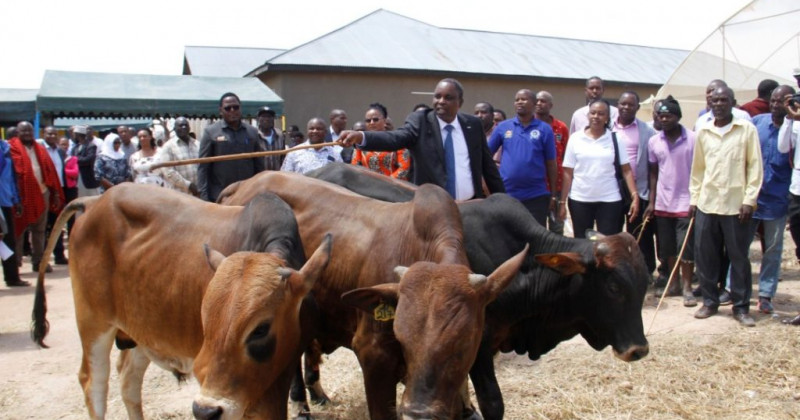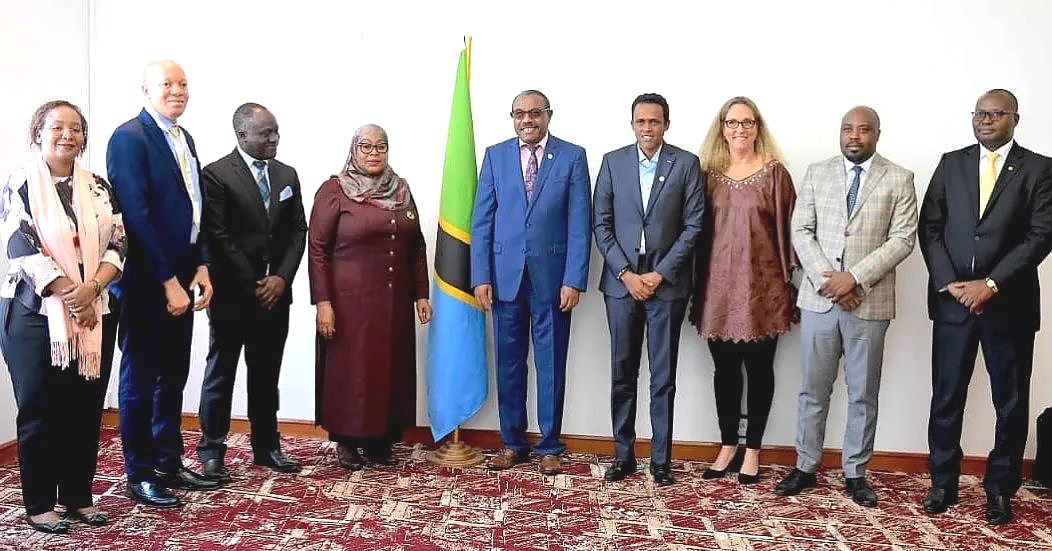Marwa Mtalai’s Plea to the Tanzanian Government on Revolutionizing Poultry and Agriculture
Ukerewe, Tanzania – Marwa Mtalai, CEO of Bullion Enterprises Limited based in Ukerewe, Mwanza, Tanzania, and a noted entrepreneur in milling and fish processing, recently addressed a vital communication to KilimoKwanza.org. His message underscores the urgent need for transformative changes in the poultry and agriculture sector of Tanzania.
In his communique, Mtalai extends congratulations to Prof. Riziki Shemdoe, the Permanent Secretary of the Ministry of Livestock and Fisheries, for launching a new poultry initiative under the Build Better Tomorrow for Livestock and Fisheries (BBT-LIFE) program. Mtalai emphasizes the critical role of this industry in alleviating poverty. However, he points out existing challenges, especially in poultry feed production. The high costs and scarce availability of quality feed are significant barriers for small producers. To mitigate these challenges, Mtalai proposes the provision of long-term loans to enable these producers to manufacture affordable poultry feed.
Drawing from his own experiences, Mtalai observes a high demand for corn bran and fine rice bran for chicken feed at his milling facility. He identifies this as a key growth area. Additionally, he references a Catholic Church project aimed at supporting local families in poultry farming, which further underscores the acute need for reasonably priced feed.
Mtalai also brings attention to the potential in value-added poultry products. He notes that despite the presence of imported packaged chicken from China in local markets, there is an untapped opportunity for Tanzanian producers to enhance the value of their poultry products. This could include processes like vacuum-sealing for both local and export markets.
He identifies a significant market gap at the Kasumbalesa border. Here, trucks from South Africa, Zimbabwe, Namibia, Angola, and Botswana, loaded with eggs, dominate the market. Mtalai suggests that Tanzanian producers could seize this opportunity by establishing cold storage facilities at the border for storing and selling poultry products, with the potential to transact in USD.
Mtalai’s key recommendations are as follows:
- Installation of Cold Rooms: To ensure the quality and safety of stored poultry and livestock meat.
- Improved Slaughterhouses: Particularly in regions with abundant livestock, to enhance meat processing standards.
- Long-term Loans for Machinery: Facilitating the acquisition of equipment for drying and frying small fish, aiming to reduce post-harvest losses and prolong shelf life.
- Cold Storage for Ice Flakes: Addressing the lack of such facilities in certain areas, crucial for preserving quality in fish processing.
Mtalai calls for a concerted effort and support from the Ministry to bring these initiatives to fruition, expressing his enthusiasm for the burgeoning agricultural revolution in the region.


